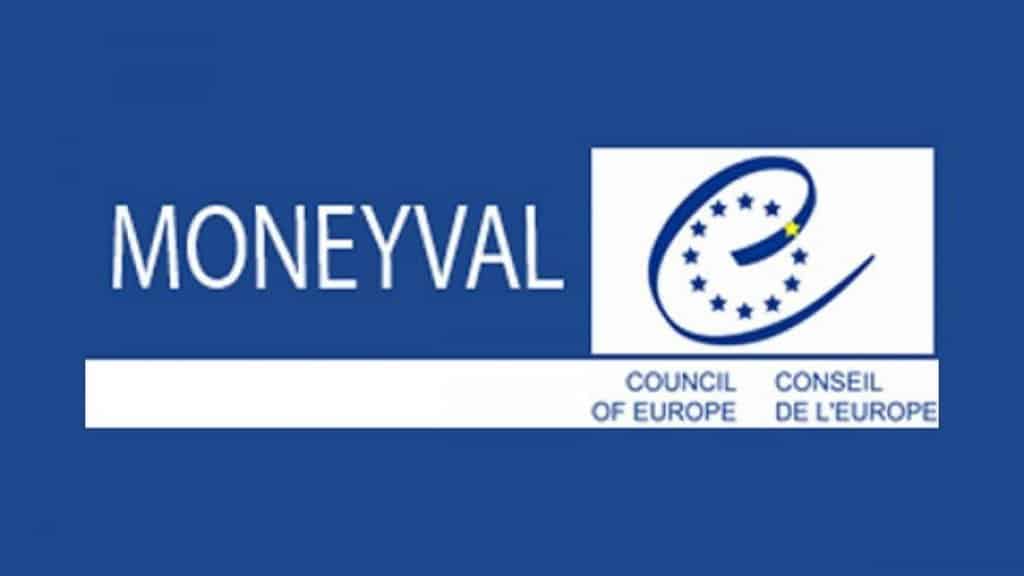
Even if Edward Scicluna claims to disagree with any of it, it does not help anyone that the government keeps the report of the Council of Europe’s committee of experts on the evaluation of anti-money laundering measures and the financing of terrorism (Moneyval) under wraps. The Moneyval process is in principle confidential.
But Rule 29 of the Moneyval statute says countries that have been reviewed by Moneyval can, if they so wish, consent to the release of reports or make them public themselves.
This is important not to gloat over the government’s failures to implement the right enforcement to keep our reputation intact. Love it or hate it, our economy cannot opt-out of the financial services sector, at least without planning for alternatives. And no one has suggested anything viable yet. So whether out of policy or by accident of mismanagement and secrecy, suffocating the sector because of damaging international reputation is self-destructive and stupid.
Consider the statement issued this morning by the Institute of Financial Services Practitioners. They put on a brave face on the findings without trying to look indifferent. “The situation Malta finds itself is not without precedent (Iceland, Hungary and the Isle of Man got similar ratings before us) and was perhaps not unexpected”.
But the professionals who earn their keep from this business are also clear that “it is important the remedial period (we have been given to fix the problems Moneyval have reported) is undertaken effectively, thoughtfully and in a timely manner to safeguard the integrity of the industry and Malta’s position as a credible and transparent financial services centre”.
In that context, it is unacceptable that the government alone knows what Moneyval thinks we need to fix and the rest of the country — particularly, though not only, the professionals in the field — are prevented from knowing what our problems are.
No doubt the government has a lot to work on. No doubt so do regulators. But so do professionals and businesses working in the field. No one has more invested in the success of this crucial mission. No one is better motivated to hold the government to account and to apply pressure to fix the problems that have been identified within the time we have been given to do so.
The secrecy of the report indicates the intention of the government to be selective about what improvements to make. It still has crooks to protect and crimes to cover up and a fully transparent program of reform could cause it problems it has been causing a lot of damage in order to prevent the last several years.
All the more reasons for them to publish the report unredacted and without delay.